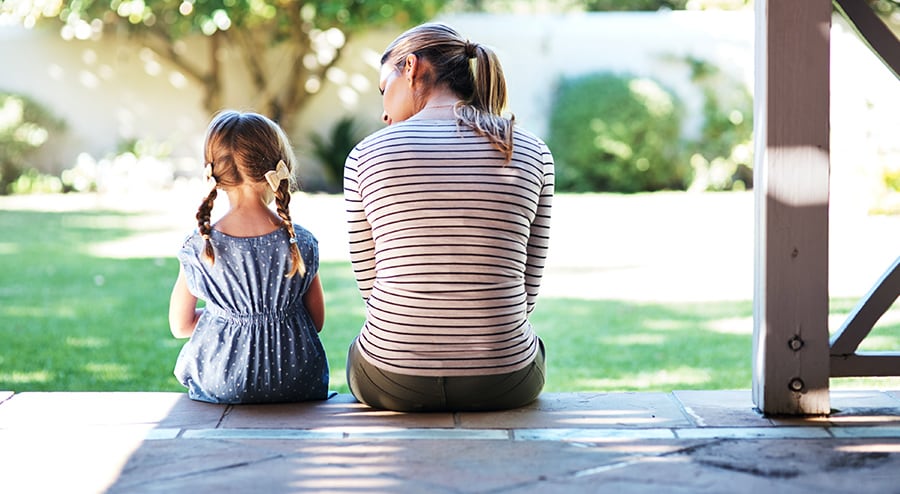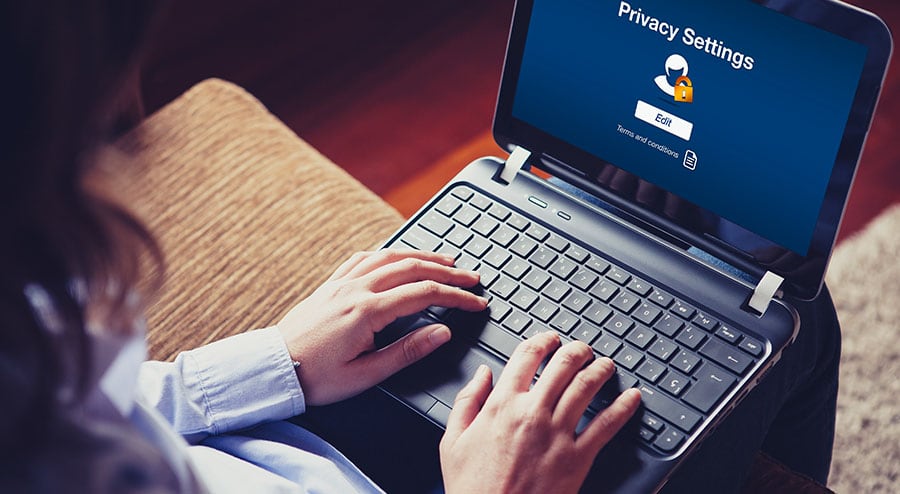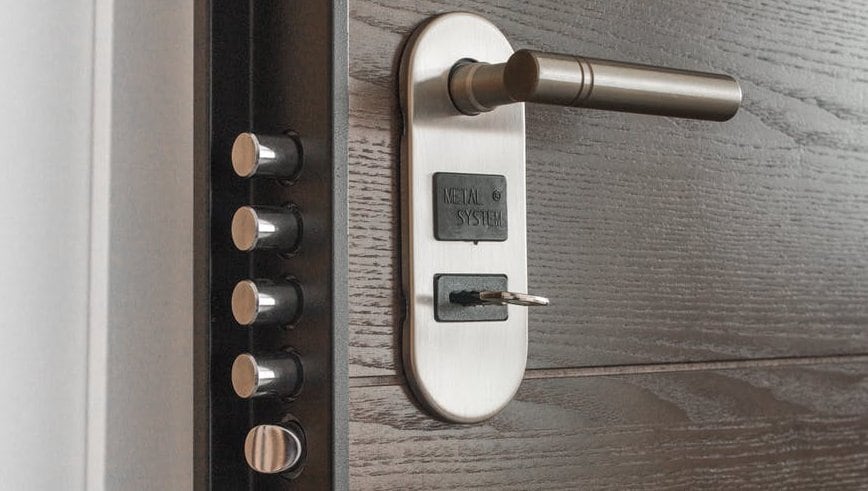Although you might think that your home is safe right now, many things can change in the course of a month. There are many risks in your home that can build up over a short period of time. The worst part is that you might not regularly think about some of these problems and could end up leading to injuries or even worse.
However, you can do something about the issues that build up in your home. You can perform a monthly safety check to see if your home is safe and properly protected. A useful check will help you ensure your home is safe for you and your family to be in. But, to make it work, you must take proper preventative measures to keep such risks from occurring.
This guide entails many things you should do each month to check on the safety of your home. These include not only testing and inspecting safety items installed like smoke detectors, as well as making your first-aid kit is full, but also cleaning up certain areas to keep your property safe and functional. By using this checklist, you will keep all parts of your home safe from the light fixtures all the way to areas outside your property.
Test Alarms Each Month

The first part of your safety check should be to review the alarms inside your home. These include all the smoke alarms and carbon monoxide detectors around the house. Run tests to see that each of these devices is working properly.
Replace the batteries in any detector that is not working properly. You should also replace the batteries if an alarm chirps at random. Don’t forget to replace your alarms every 10 years.
Clean Your Detectors
Clean out the grilles of each of your smoke detectors and carbon monoxide detectors. They could develop dust after a while, keeping them from identifying threats in your home when they are most needed. Always clean these grilles while you test each unit—not when it’s too late.
Clean Out Filters
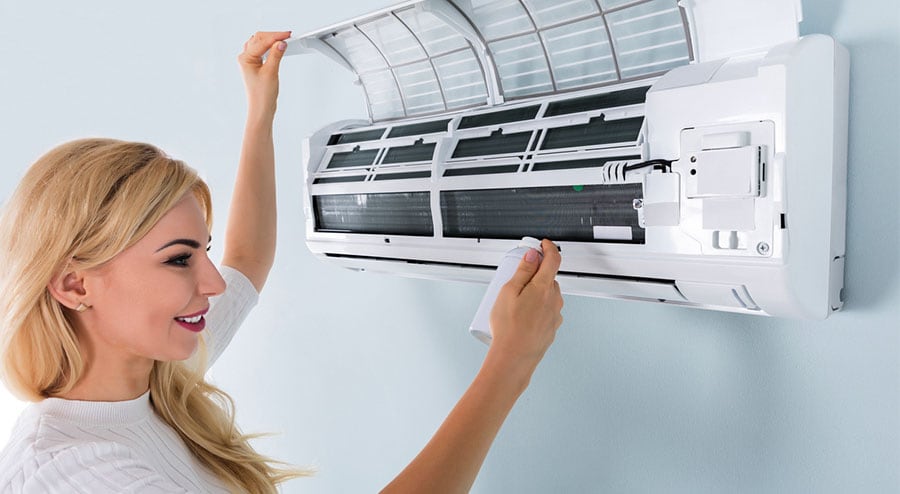
All the filters inside your home must be cleaned out every month. The materials that filters collect could become flammable. They may also keep appliances in your home from working as well as they should.
Start by getting the filters in your heating and air conditioning unit cleaned out. You would have to shut down the HVAC unit temporarily so you can clean it out. Remove and clean the filters in your air purifiers and individual room air conditioners too.
Have any furnace materials cleaned out regularly too. The filters inside your furnace must be cleaned so the risk of a fire can be reduced. Review the filters inside any clothes dryers you have too as a lint trap can only do so much when collecting debris.
You can also get the air and heating ducts around your home cleaned out. It is best to do this once a year so your HVAC system keeps working and is less of a fire hazard.
Review Your Fire Extinguishers
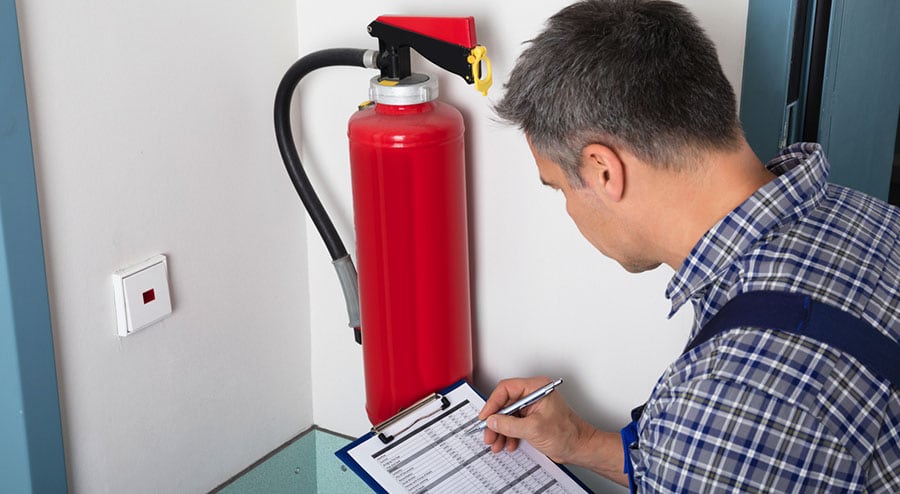
Check the fire extinguishers in your home every month. Make sure that they are working and that they are filled correctly. Look at the gauge on your extinguishers to see if they are charged properly—you might have to replace an extinguisher if it does not have a full charge. If you are unsure, get a professional to look at them.
Analyze the Breaker Box
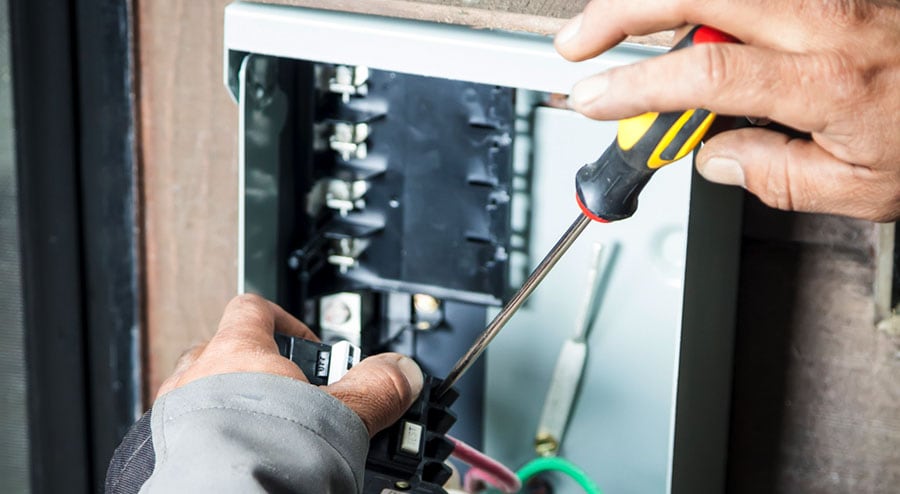
The breaker box outside your home or in your garage or other secure spot should be reviewed each week. Contact a professional to help fix the box if it is warm or if fuses blow often.
An electrician may help with fixing up different problems inside your box. Do not try to fix something on your own as your breaker box might be dangerous.
Replace Any Burned Out Light Bulbs
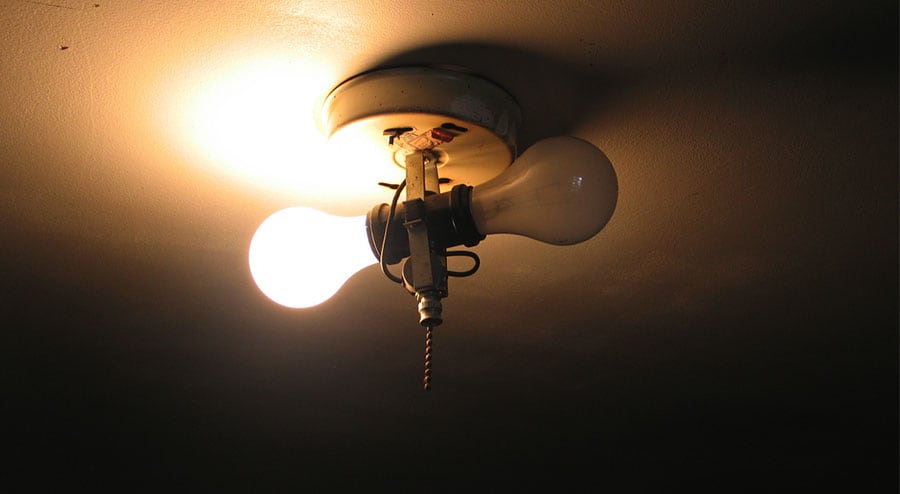
Turn the lights on in each room and see if there are any lights that have burned out. Replace any old bulbs and dispose of them properly. Make sure the new bulbs are of a proper wattage and that you aren’t trying to use anything not recommended within a socket.
Look At How Your Appliances Work
All your appliances must be tested and checked every month. Review how well they work and that their wires and connections are safe. You might need to get an appliance repaired if it is not working as well as it should.
Vacuum the Refrigerator Coils
One of the most important things to do with regards to your appliances entails cleaning out your refrigerator’s coils. Clean out the coils every month to allow the coils to handle and use enough cold air. Excess dust and debris around the coils can cause the refrigerator to potentially overheat.
Dust All Light Fixtures
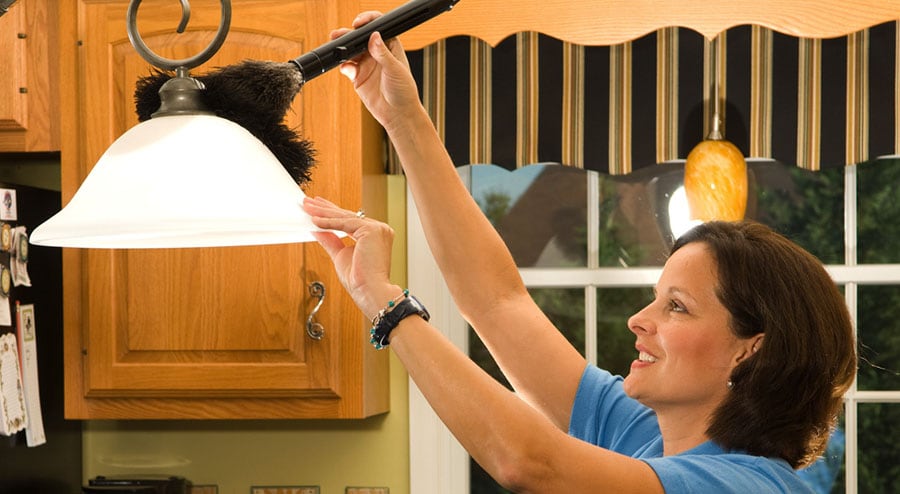
The light fixtures around your home can develop dust. Make sure these spots are cleaned out regularly so they will not become fire hazards. Excess dust can become flammable. You can always dust your light fixtures while you check for any burned out bulbs.
Do this for all of the fixtures in your home including lamps. Make sure you get into the recessed light areas around your home.
Check Wall Outlets
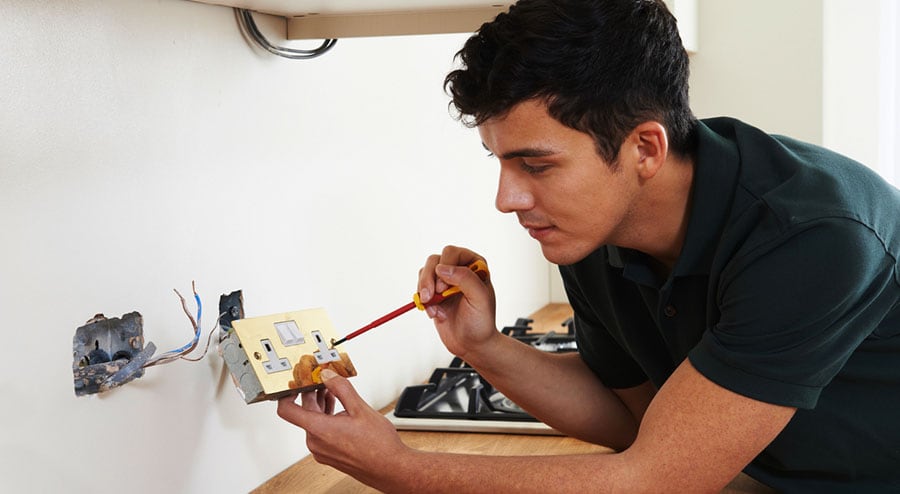
Review all the wall outlets and extension cords in your home, especially those near children. Make sure they are being used properly and that you are not overloading an outlet. An overloaded outlet could be a significant fire risk.
Only use one high-wattage appliance or another item in each wall outlet. It is fine to have a multi-tap in an outlet but this is best for when you have several low-power items that need to work in a certain area.
Check whether any of these outlets feel warm or if you see any dark sports nearby. Some dark spots could suggest that some sparks were produced around a spot you were using an appliance or another item at. Call an electrician if you see any problems as your property could be at risk of an electric fire at that point.
Review the Wires on Your Electric Devices
Check on the wires on all your home’s electric devices every month. You will need to get any frayed or worn out wires replaced or fixed. Such wires are serious fire hazards.
Test Your Home’s Locks and Doors
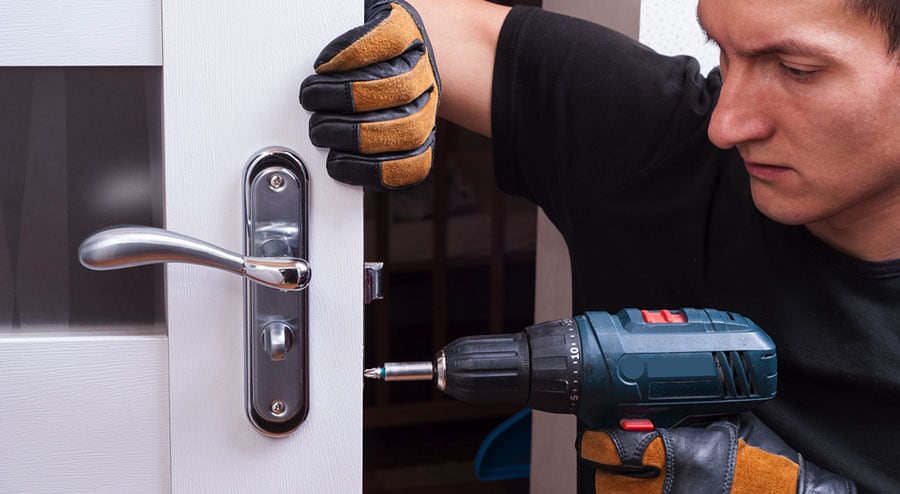
Review all the locks around your home every month. This part of the safety check entails looking at how the locks are built and if they are working. Both the bolt locks and knob locks should be tested to see that they are fully functional. Check on how well you can get your keys added to each lock and replace anything that is not working properly.
Test all of your doors as well. Look at how well a door is hinged onto a surface. See that the support features for a lock are in place and that the door is not coming apart at its hinges. You must see that the door is properly secured and will not be at risk of falling off or being easy for someone to break down.
Look For Pest Issues Outside Your Home
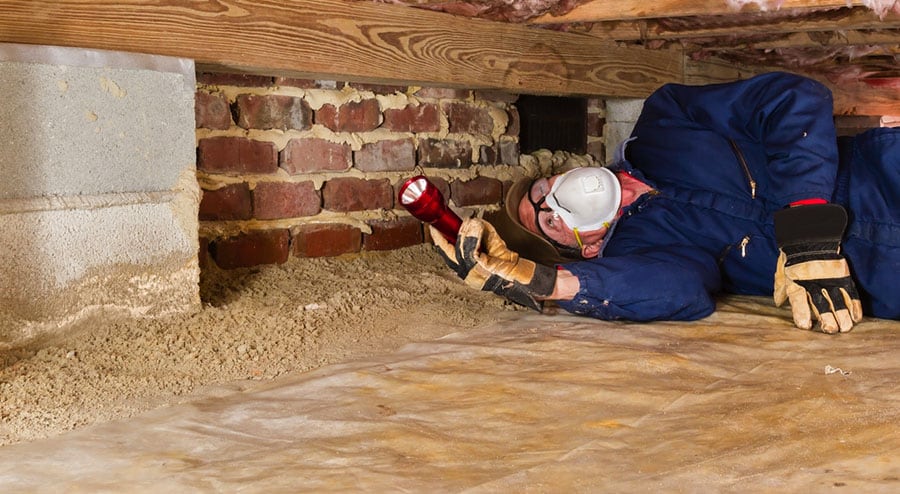
Check the foundation of your home to see if there are pests getting in the way. Termites and other commonplace pests can get into your home’s foundation and move into different surfaces inside your property. You must contact a pest control team in the event you see any signs of pest-related issues like cracks in your foundation, debris coming off around the outside of your home or even areas where a wall or other surface feels weak.
Clear Out Standing Water
Standing water can develop anywhere outside your home. This might come from a rain storm where the water might have pooled in your yard. Standing water can cause pests to get closer to your home and could cause people to get sick. Review all areas around your home to see where there is standing water so you can brush it away and stop family members from slipping or getting wet.
Review Your Landscape and Surrounding Trees
Although you might not think your landscape and trees near your property might be a risk to your home, you must still see how these develop. Check all the trees and shrubs near your home to ensure they do not pose a threat to your property.
Trees might become dangerous as they could fall over if they are too weak or if they have suffered from significant damages from storms or wind. Also, trim your shrubs as some growths might impact the foundation of your home or even become spots that burglars or other criminals might use to sneak into certain parts of your home.
Test All Windows

The last part of your monthly safety check is to see that your windows are safe. Review how each window works and that there are no cracks or broken areas around those windows. Test their locks to see that these windows can stay in place too. This is to keep your home from being easily accessible to criminals of all sorts.
Look at how well your monthly safety check is taken care of. A proper check ensures that your home will be protected and safe from any serious problems that might develop in your home—no matter where those issues might come from.


